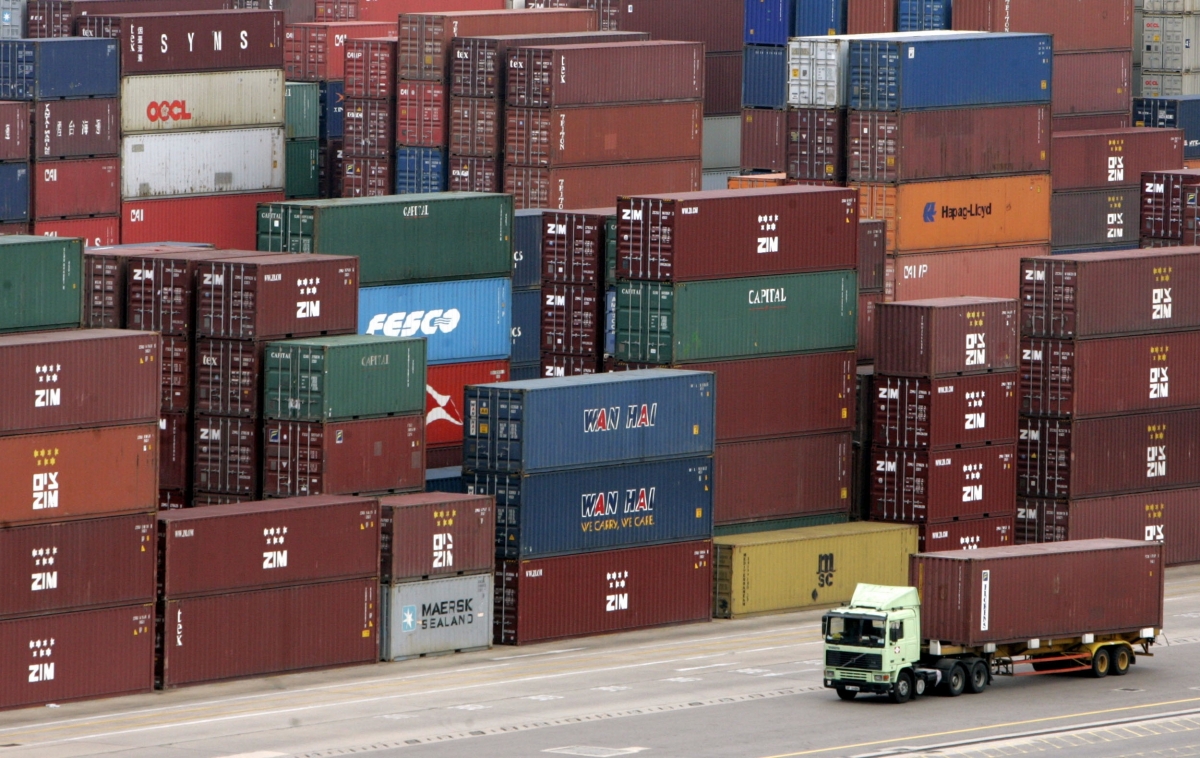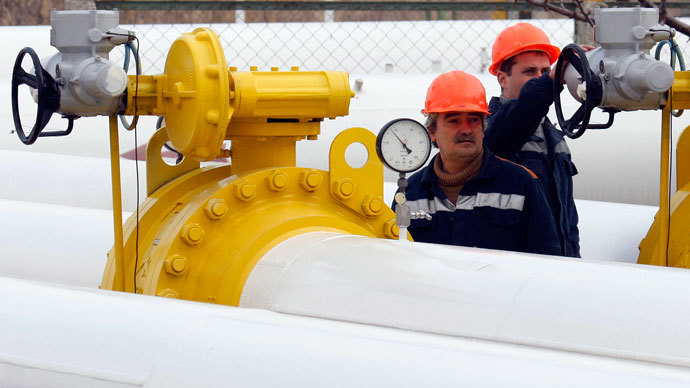EU-Russia trade drops sharply, as bilateral relations sour

In a new sign of chilling relations between the EU and Russia, trade between the two blocs dropped considerably in the first quarter of 2014, while the EU trade deficit with Moscow slightly declined, according to Eurostat figures to be published on Friday (16 May).
EU imports from Russia decreased by over 9% during the first three months of 2014 compared with the same period last year, according to Eurostat.
The volume of Russian imports to the 28 countries of the European Union reached €49.1 billion in March, while the aggregated figure stood at €54.4 billion in the first quarter of 2013. At that time, the EU only had 27 members, making this year's drop even more significant.

Conversely, EU exports to Moscow marked a 10.5% drop in Q1 this year compared with the first three months of 2013. In a year, the volume of EU goods sold to Moscow decreased from €28.7 billion to €25.6 billion.
As a result, the EU deficit with Russia now stands at €23.5 billion, compared to €25.7 billion in the first quarter of 2013.
Ukraine crisis or milder winter?
The Ukraine crisis has no doubt fuelled this drop, as both the EU and Russia sought to reduce dependency on each other.
Gas is the main economic link between the two blocs, with the EU importing 27% of its gas needs from Russia, according to Eurogas, a trade group. And the Ukraine crisis has only raised EU caution over Russia's reliability as a supplier. At the same time, Moscow has turned towards new potential clients such as China for its gas sales.

EU sanctions against Russian officials or individuals, introduced in March, may have accelerated this trend. But real economic sanctions against Russia – the so-called "phase three" – have not been triggered yet.
It is precisely this threat, rather than actual measures, which is seen as the cause of the economic downturn underway in Russia, with falling GDP, decreased foreign investment, capital flights, loss of stock market capitalisation, and also reduced trade.
At the same time, it is also true that the mild winter in Europe has contributed to reducing gas consumption for heating. Conversely, as the cold snap returned between February and March, EU imports from Russia spiked, despite the worsening of the Crimean crisis.
This can explain why in Finland, which is completely dependent on Russian gas, imports from Moscow went up in March, as cold weather returned.
However, the explanation based on the weather does not explain why in Denmark, a country which does not import natural gas, imports from Russia have decreased sharply during the first three months of 2014.

No comments:
Post a Comment